
Category:
Time:
The four domains of sustainability are health, economics, society, and the environment. Healthy food patterns from sustainable food systems need to be nutrient rich, affordable, culturally acceptable, and appealing. Sustainable foods systems, in turn, need to reduce their impact on the environment and help mitigate climate change. The current debate on personal, public and planetary health has been framed largely in terms of agricultural production and its environmental costs, still largely measured in terms of greenhouse gas emissions. Missing from the debate – and from the EAT Lancet report – were larger-scale considerations of affordable nutrition, global scarcity of high-quality protein, and the cultural, social, and economic value of livestock and dairy. These forgotten social and economic components of the sustainability framework deserve a closer look. Firstly, recommendations for a healthy global diet do not always concern themselves with food production or with food prices and diet costs, especially at the local levels. As a result, the recommended healthy diets ae not always feasible or affordable for the world’s poor. Economic feasibility metrics ought to accompany each set of dietary guidelines. Secondly, better metrics of the social and cultural value of foods are required. Preserving territorial food cultures and eating habits promotes social stability and cohesion in an increasingly fragmenting world. The economic viability of dairy farming worldwide needs to be addressed with respect to the UN Sustainable Development Goals on alleviating poverty and empowering women. Finally, environmental costs, still calculated per weight of food, need to be recalculated per 2000 kcal/d energy ration or better yet per 100% daily value of selected nutrients, including high quality protein. Balancing human nutrient needs, economic constraints, and societal values against the environmental impact of food production with require some trade-offs.

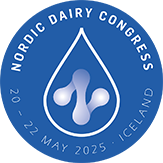












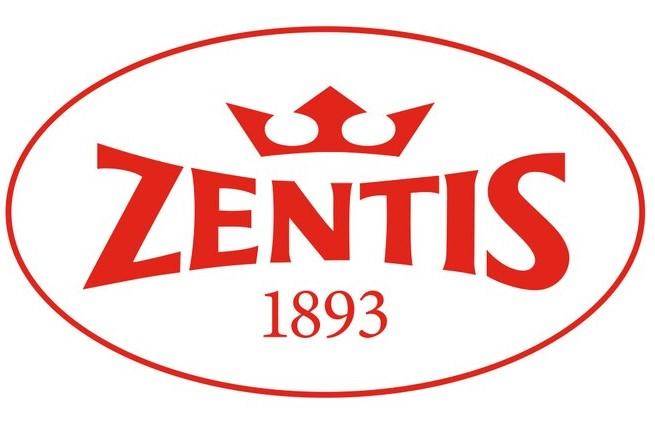























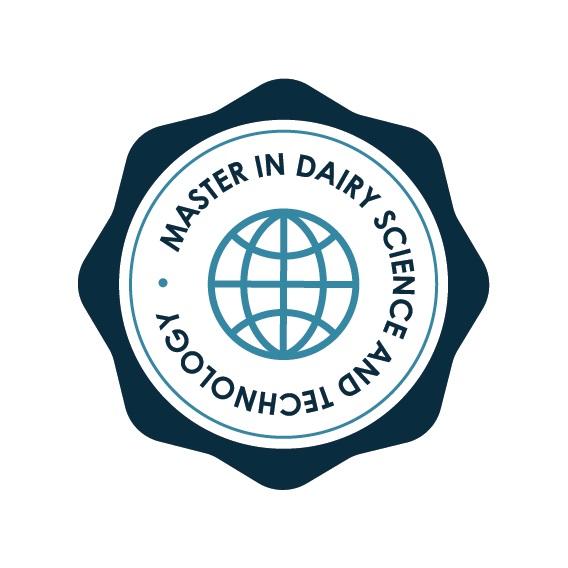




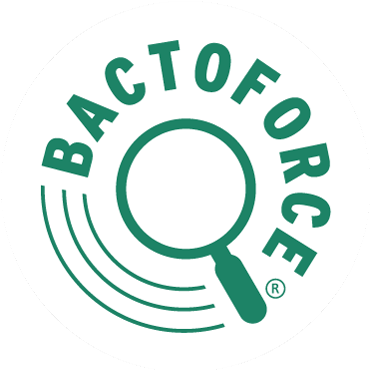

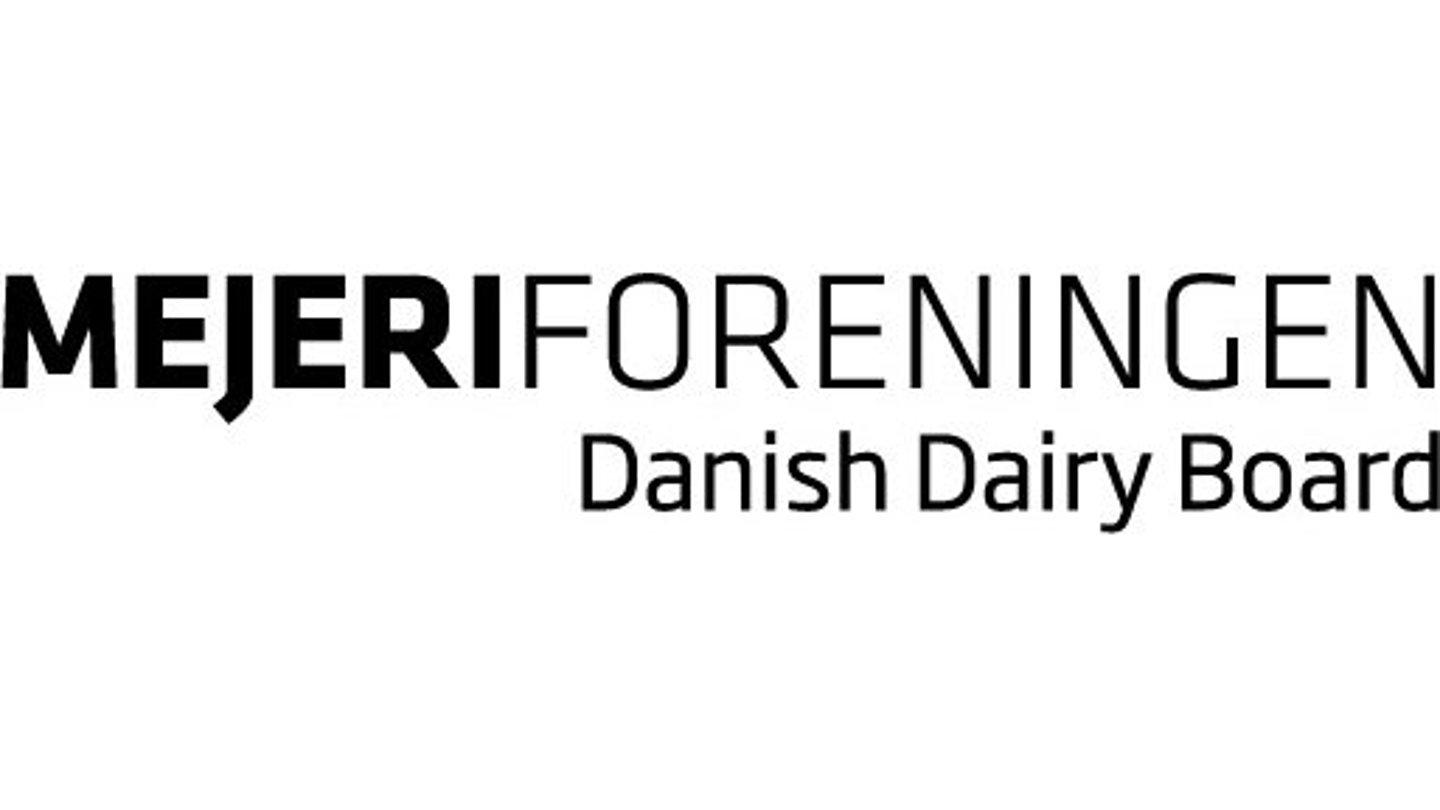
 Munkehatten 28
Munkehatten 28